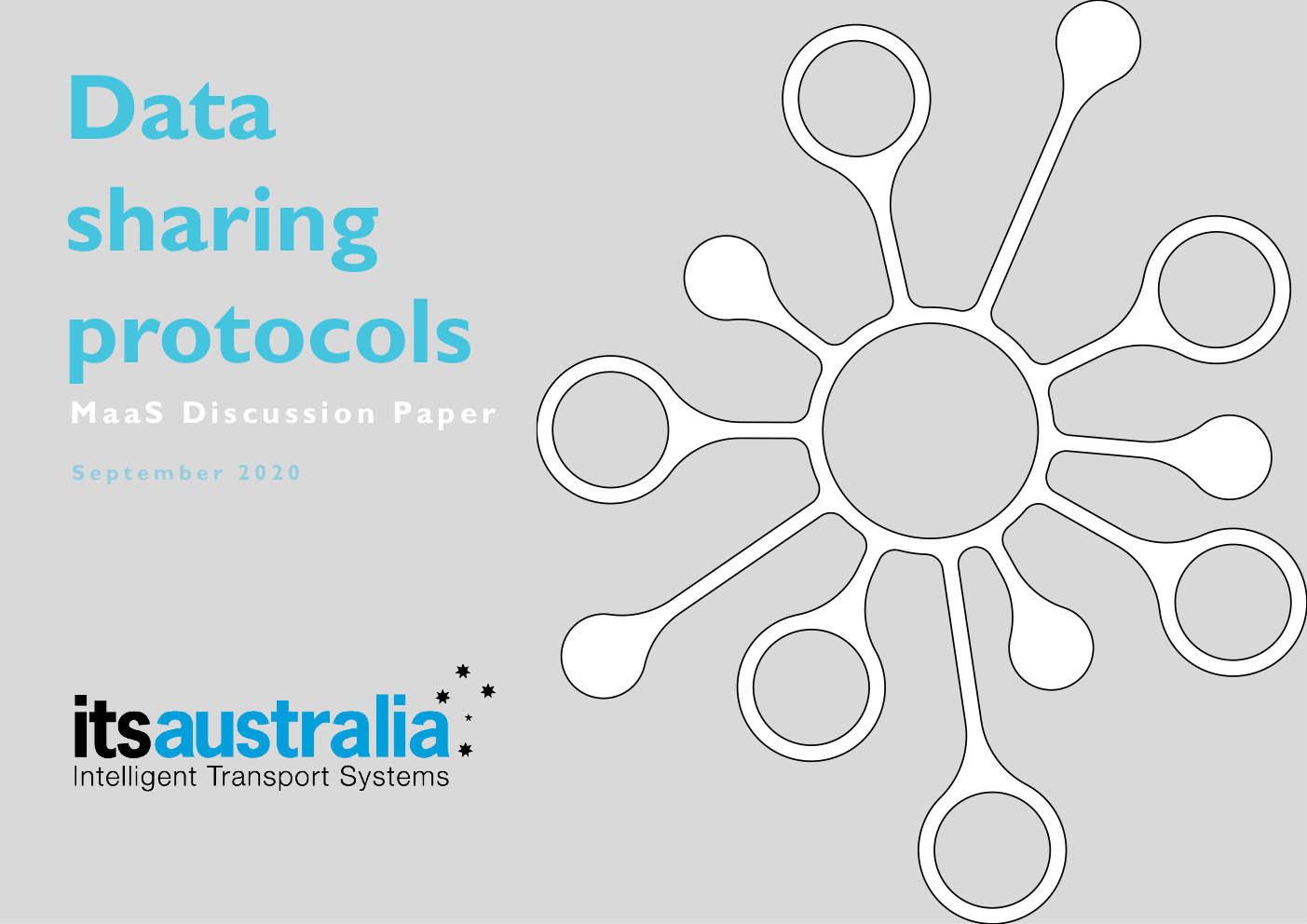The 2019 Austroads report investigating Opportunities in MaaS through a literature review and observations of international MaaS schemes, concluded that MaaS models are working best in jurisdictions with:
- a wide range of transport services
- high level of customer access to digital infrastructure and personal devices
- open and secure data access
- available online journey planning for trips combining multimodal fixed public transport; flexible public transport; and personal services including private car trips
- operators offering contactless payments and e-ticketing
- jurisdictions that are open to third parties selling their services.
Many of these are currently available in a large part of Australia and are increasingly being expanded to regional centres and outer suburbs and while transport has been massively impacted by Covid 19 and we are seeing striking changes in travel patterns and mode choice we have seen that data has been key in continued delivery of safe public transport and effectively informing customers.
This is only going to become more critical and working to better understand how we can safely, effectively, and efficiently share necessary data to design and deliver improved transport options through MaaS and MoD is key.
One of four components of a MaaS ecosystem identified in the ITS Australia MaaS report (see figure right) “Interoperability and integrated systems with secure data sharing principles in a framework regulated by government oversight” is foundational, the key to enabling MaaS in Australia.
This discussion paper has been developed to assess options, opportunities, and challenges and consider options going forward.
Considerations for Australia
An analysis of existing protocols can raise more questions than answered so there is real benefit in clearly assessing approaches taken by other jurisdictions and testing their utility and potential against a number of necessary metrics, namely technical and governance.
The protocols assessed are not all specifically developed for MaaS yet they do often lay the foundation for MaaS or enable functions that are also key requirements for MaaS.
While there are jurisdictional differences, and aside from some European countries, the majority of MaaS products are currently delivered within specific regions, there is always benefit in considering harmonising core elements at a national level in Australia.
Some questions to consider:
1. Taking a principles approach what data would be required to be shared to enable MaaS?
2. Considering the type and nature of data to be shared is there an existing protocol that would be suitable in Australia?
3. While recognising regional differences is there an approach that would enable a core national data sharing protocol?
